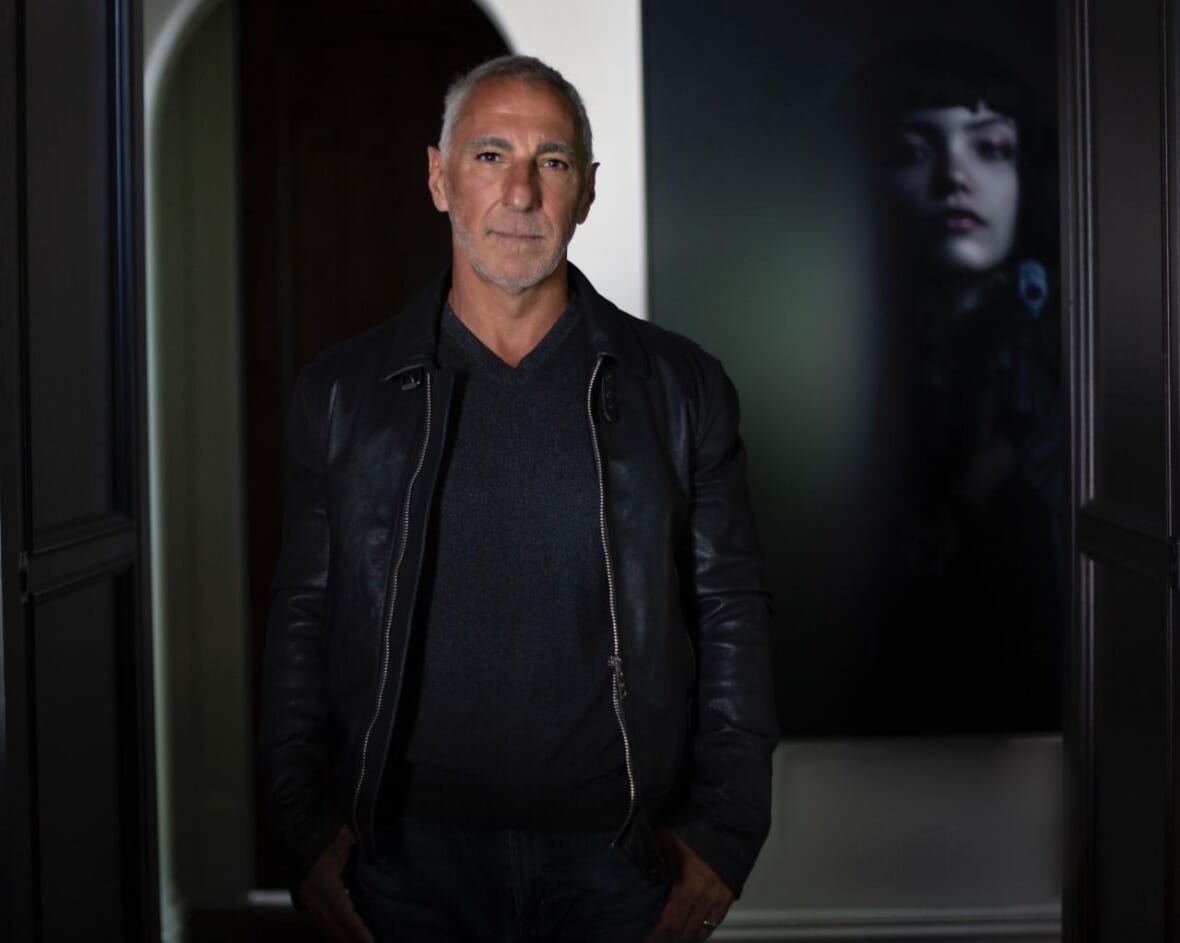Serial Entrepreneur Steve MacDonald On Keys To Success
“Building a company or investing in companies is a long-term process. We have an idea, we write it down, we meet with our teams, initiate production, measure, test results, and iterate.”

Presented by Grit Daily
Entrepreneurship is growing at an impressive rate. As the internet and other technologies making us more connected than ever before, entrepreneurial opportunities increase. Why is it then that so few entrepreneurs make it?
A commonly known “fact” in the world of entrepreneurship states that about 90% of all startups fail over a ten-year period. While some disagree on the accuracy of such a number, everyone agrees that most entrepreneurial endeavors do indeed fail. However disheartening this fact sounds, entrepreneurs all over the world are still willing to risk it all to make their dreams a reality, with many of them experiencing success. Few of them know what this feels like more than serial entrepreneur Steve MacDonald.
Over his more than two decades of experience, Steve MacDonald has made a name for himself as a visionary who is great at coming up with ideas, executing them, and finding and nurturing the best in the teams and startups he works with. His passion for building a community and helping other entrepreneurs has earned him recognitions like 2020 Tampa Bay Tech’s “Community Dedication and Leadership Award” and 2019 Catalyst’s TiETAN Super Entrepreneur.
Steve has made over $400 million in exits in companies he founded and invested in over 120 companies, 11 of which have become unicorns with valuations over $1 billion. The road for him was not always easy as, in fact, it started as an orphan raised in a trailer park. However, Steve believes that his success lies in a lesson he got from the hardships he dealt with during his lifetime: Everything in entrepreneurship is a process, not an event.
“Too often entrepreneurs, investors, and humans in general measure moments as we’re biologically programmed to respond to real-time input. If it’s too hot, we pull away. If it tastes good, we eat more. If it feels good…well, you get my point,” says Steve.
“Building a company or investing in companies is a long-term process. We have an idea, we write it down, we meet with our teams, initiate production, measure, test results, and iterate. This takes time. Selling is a process. Buying is a process. Coaching your team is a process. Eventually, the process does lead to an event—a yes or no, but it’s the focus on the process that moves your company forward.”
Not understanding this and wanting immediate feedback from what occurs around them is one of the major reasons why entrepreneurs fail. By treating every step of the process as if it was the event that will determine their success, entrepreneurs won’t often be able to determine or deal with those “do or die” moments.
When thinking about these moments, Steve often remembers an experience he had when he was just learning to free-dive/spearfish and was taken by a friend to his favorite grouper spot, which according to him was “about 50 feet” deep.
A complete beginner to spearfishing, Steve was given a simple instruction that didn’t sound that bad to him: Just go down as far as he could and come back up if he ran out of breath. As Steve swam deeper into the murky waters, he could feel an increasingly shearing pain in his skull as pressure increased, at which point he remembered his friend had suggested he should relax.
“Eventually, I relaxed enough so that after about 25 seconds, I reached somewhere. Where? I didn’t know but it was somewhere, probably deep enough. At about that time, I was greeted by a predator. A 300-pound Goliath grouper, aggressively grunting and barking as I entered his territory as though I was encroaching on his patent. The unclear water freaked me out. The giant adversary veering through my mask terrified me. The acoustic vibration from his grunting immediately terminated my descent. I had to turn around.”
Unfortunately for Steve, the way up is not as easy as most people unfamiliar with freediving would imagine. First, it is extremely easy for beginners to incorrectly assess their ability to hold their breath as they descend. And when you hold your breath a long time, your body starts to convulse as it craves oxygen.
As Steve was approaching the surface, he found himself out of breath, convulsing and dealing with his body’s natural reflex to open the mouth and suck in air (Steve would call it “gasp for the known”), something that would certainly prove deadly under such circumstances.
“At that point, the one piece of coaching I had to remember was “relax.” I had only one choice: Just hold my breath for a few more seconds against an all-natural impulse, and live…or try to breathe and die. Of course, I chose to repress all impulses to breathe and swim to live,” Steve said
“The life of an entrepreneur often feels like those small choices. They seem like life and death. I often use these events as building blocks of fortitude, a leverage point to persevere through major emotional or intellectual challenges at work. Reminding myself that if this is hard, I can do anything.”
